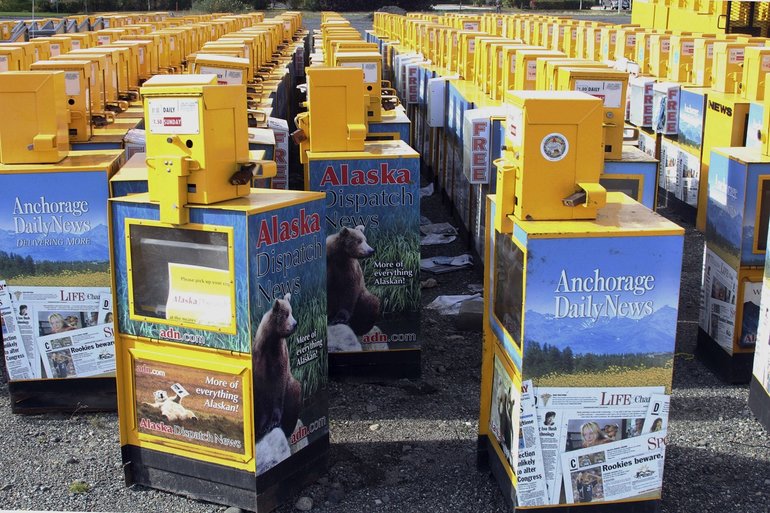About one in five Americans now lack regular access to local media coverage. Studies show this is bad for politics, municipal debt — and even the environment
By Alan Greenblatt | Governing
Last month, after years of layoffs, the Cleveland Plain Dealer announced it was cutting even more jobs. A newspaper that had a unionized staff of 340 at the dawn of the century will drop down to 33.
What happened at the Plain Dealer isn’t unusual.

Around the country, major regional newspapers — including the Charlotte Observer, The Wichita Eagle, The Denver Post and The San Jose Mercury News— have shed 80 to 90 percent of their reporting and editing staffs. Between 2008 and 2017, newsroom employment dropped by 23 percent, according to the Pew Research Center. Already this year, more than 2,000 media jobs have been lost.











